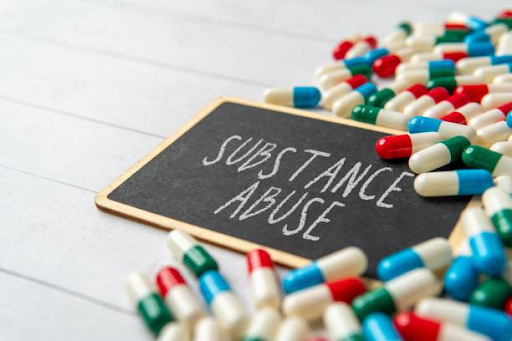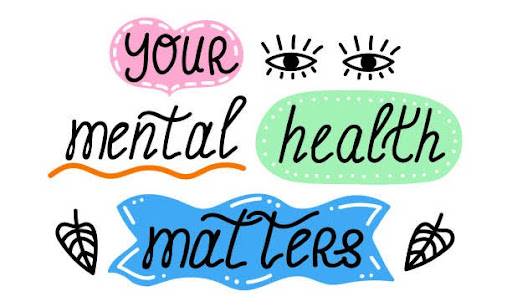A few hangovers or drunken nights don’t automatically make someone an alcoholic. However, if you’ve ever found yourself wondering, “Do I have a drinking problem?”That…
Recognizing when it’s time to ask for help can be one of the most important decisions a person makes. Substance use often starts subtly, but…
Family violence remains a serious public health and community issue, affecting individuals and families across all backgrounds. In Atlanta, a city known for its strong…
Mental health assessments in Atlanta are structured methods utilized by mental health professionals to evaluate an individual's psychological state. These assessments can take various forms,…
If you searched for “DUI near Atlanta”, you’re likely trying to understand what actually happens after a DUI (Driving Under Influence), what the penalties look…
A mental health assessment is a comprehensive evaluation conducted by a qualified mental health professional to understand an individual's emotional, psychological, and social functioning. It…
Addiction Treatment Programs in Atlanta are built on the understanding that addiction is far more than a bad habit, it is a complex medical condition…
We live in a world where we constantly check our messages, bank accounts, and steps on a smartwatch. But when was the last time we…
```html Understanding Addiction: A Primer Addiction is a complex condition that affects individuals from all walks of life. It is characterized by a compulsive engagement…













